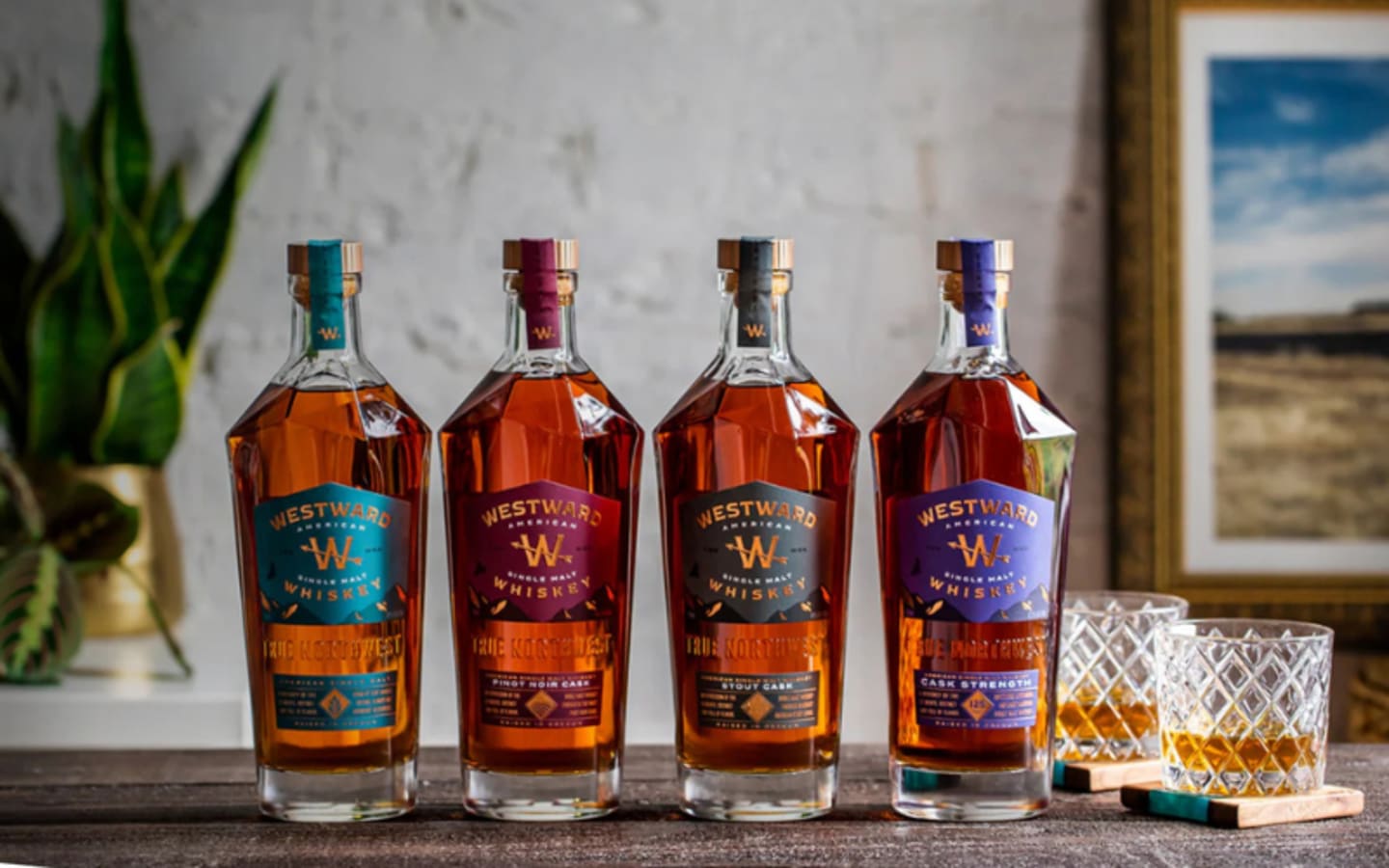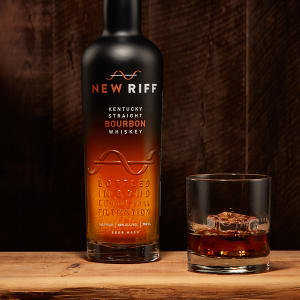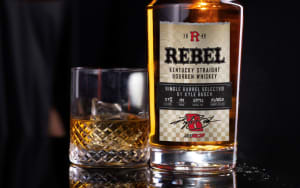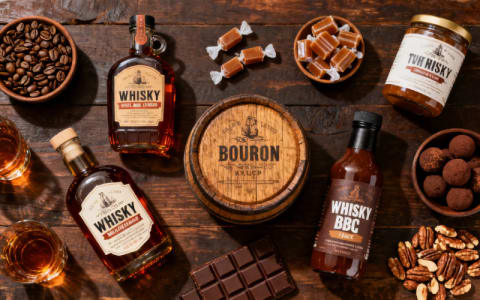In the misty hills of Portland, Oregon, where the rain feeds the barley and the craft of distillation hums like an old friend's story, Westward Whiskey has always stood as a testament to American grit. Founded on the promise of single malt excellence, this distillery has poured heart into every barrel, crafting spirits that whisper of oak and earth. But just as the amber liquid needs time in cask to reveal its depths, so too has Westward faced a season of trial—one that led to a bold declaration of bankruptcy this fall. Yet here's the twist that keeps the taps flowing: the doors never closed. Instead, this move signals a deliberate pivot, a chance to distill anew under fresh hands, proving that in the world of whiskey, even a stumble can lead to smoother sips.
For those who appreciate a dram that tells a tale of patience and place, Westward's story hits close to home. Picture a rugged Pacific Northwest skyline, the kind that calls to mind late-night firesides and stories swapped over glasses that catch the firelight just right. That's the backdrop for Westward, a place where every drop is born from local grain, malted with care, and left to age in a dance with the weather. Their single malts, matured anywhere from five to twelve years, emerge with notes of vanilla and spice, a balance of boldness and grace that rivals the old-world masters across the pond. It's no wonder enthusiasts have built quiet loyalties here, trading tales of their latest pour as if sharing war stories from a well-fought campaign.
The whispers of trouble started back in April, when the distillery's ledgers began to show the weight of ambition. High-stakes investments in expansion—new stills, bigger warehouses, barrels stacked like promises against the wall—had outpaced the cash flow. Add to that a mountain of inventory, fine whiskeys sitting idle in bond, waiting for the market to catch up, and suddenly the path forward grew foggy. Liquidity, that elusive river every business chases, had run dry. It was the sort of strain that tests the mettle of any outfit, especially one chasing the elusive gold of American single malt, a category still carving its notch in a landscape dominated by bourbon's thunder.
Through it all, Thomas Mooney, the steady hand at the helm as head distiller and director, kept his gaze fixed on the horizon. In those early spring days, as reporters circled with questions sharp as a chill wind off the Willamette, Mooney spoke with the calm of a man who's stared down tougher ferments. "A bright future for the distillery," he assured, his words carrying the weight of someone who knows the yeast will rise again if given time. It wasn't bluster; it was blueprint. What seemed like optimism in the face of fog was, in truth, the first outline of a plan to shed the burdens and refocus on what Westward does best: making whiskey that lingers on the tongue and in the memory.
Fast forward to now, and that plan has taken shape in the stark terms of a bankruptcy filing—not the dramatic collapse of a house of cards, but a voluntary step into Chapter 11, the legal equivalent of a tactical retreat. This isn't the end; it's the edit, the chance to trim the fat and sell off assets to those who see the spark still glowing in the mash tun. Enter Aqua Ardens, a cadre of private investors who've been in the wings all along, propping up the operation with timely infusions when the barrels outnumbered the buyers. These aren't faceless suits from some coastal tower; they're a group with skin in the game, drawn to Westward's unyielding spirit and ready to double down.
Come November, Aqua Ardens steps fully into the owner's chair, acquiring the distillery's beating heart—its recipes, its rick houses, its crew of artisans who've turned grain into gold year after year. Mooney stays on, his boots planted firm in the Oregon soil, guiding the stills with the same quiet command. It's a handover that feels more like a handoff in a relay, passing the baton without breaking stride. Luis Fernande Leal, the chairman steering Aqua Ardens, lays it out plain: this crew at Westward, they've got the vision etched in every label, every tasting note. Sure, they've hit some rough patches—overextended reaches, market shifts that hit like a sudden frost—but that's just the distiller's lot. "The team has the right vision," Leal says, his confidence a nod to the resilience that defines not just this outfit, but the broader chase of crafting something lasting from fleeting ingredients.
Mooney echoes that sentiment, his voice carrying the warmth of a man who's uncorked enough bottles to know when the vintage turns sweet. In a statement that reads like a toast to what's next, he paints a picture of liberation: ‘Our new independent ownership structure gives us the freedom and flexibility to focus on the parts of our business that continue to shine, including our Westward Whiskey Club, our direct sales to consumers and selected wholesale markets where we collaborate with Pacific Edge Wine & Spirits.’ It's a roadmap that zeroes in on the connections that matter—the loyal club members who snap up limited releases like old comrades claiming a corner booth, the straight-to-consumer pours that cut out the middleman and deliver straight to the shelf, and those handpicked wholesale partnerships that ensure the whiskey lands in spots where it can be savored, not just shelved.
And the proof, as they say, is in the pudding—or in this case, the sales figures that have spiked like a well-aged proof point. This year alone, Westward has moved more barrels off the books than the whole of 2024 combined, a 53% leap that speaks to a thirst that's only growing. In a market where American whiskeys are flexing their muscles—think bold ryes from the heartland or peaty experiments from coastal upstarts—Westward's single malts are finding their crowd. It's the kind of uptick that turns heads at industry gatherings, where grizzled vets swap notes on what's bubbling in the new craft wave. Bottles are flying off digital shelves and into cellars, a reminder that quality doesn't whisper forever; eventually, it roars.
This pivot isn't just survival; it's a masterclass in reinvention, the sort of move that resonates in boardrooms and back porches alike. Bankruptcy, for all its bite, strips away the excess, leaving room for the essentials: the slow kiss of American oak on malted barley, the five-to-twelve-year vigil that transforms sharp spirit into symphony. Under Aqua Ardens, expect a sharper edge—perhaps deeper dives into club exclusives, where members get first crack at cask-strength revelations, or tighter collaborations that bring Westward to tables where fine pours are the currency of good company. Leal's commitment to ongoing investment means the stills won't idle; they'll hum, turning out expressions that honor the past while eyeing uncharted flavors.
For the man who's nursed a nightcap through life's long arcs—the promotions, the losses, the quiet victories—Westward's tale is a mirror. It's about facing the squeeze, whether it's a distillery's coffers or a wallet stretched thin after years of providing, and emerging with something refined. Portland's rain may fall steady, but so does the resolve here. The distillery's doors, those weathered portals to warmth and wonder, stand wide as ever. No layoffs in sight, no dust on the bottles; just the steady rhythm of production, the clink of glasses in the Whiskey Club's virtual halls, and the promise of drams that reward the wait.
As winter edges in on the Northwest, with its fog-shrouded mornings and evenings made for contemplation, Westward Whiskey emerges not diminished, but distilled. This bankruptcy? Call it the universe's way of insisting on clarity, forcing a focus on the fire that never dimmed. Grab a bottle—maybe that American single malt with its whispers of caramel and sea salt—and raise it to the restarts we all chase. In the end, the best stories, like the finest whiskeys, aren't about the falls; they're about the rise, smooth and unyielding.




